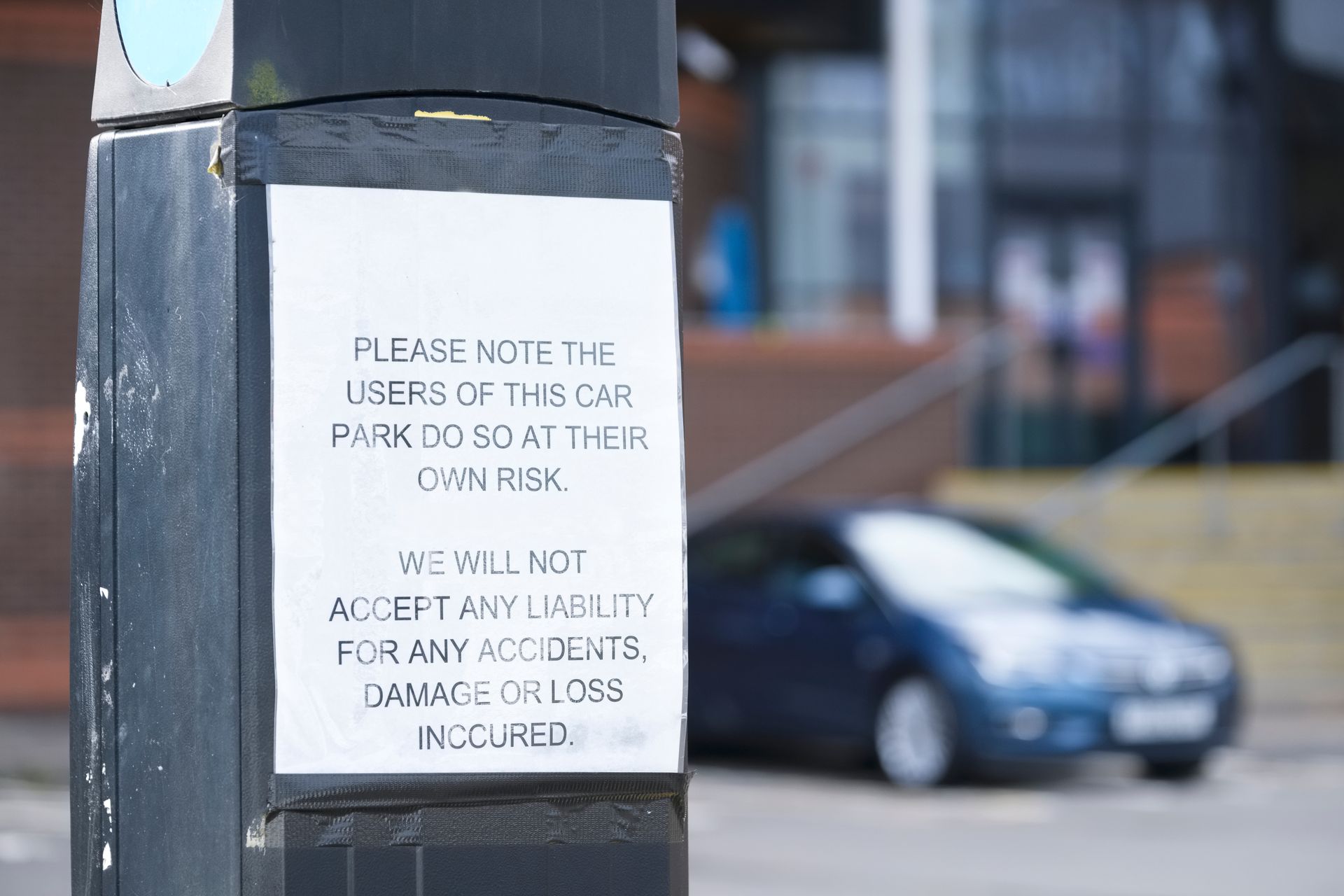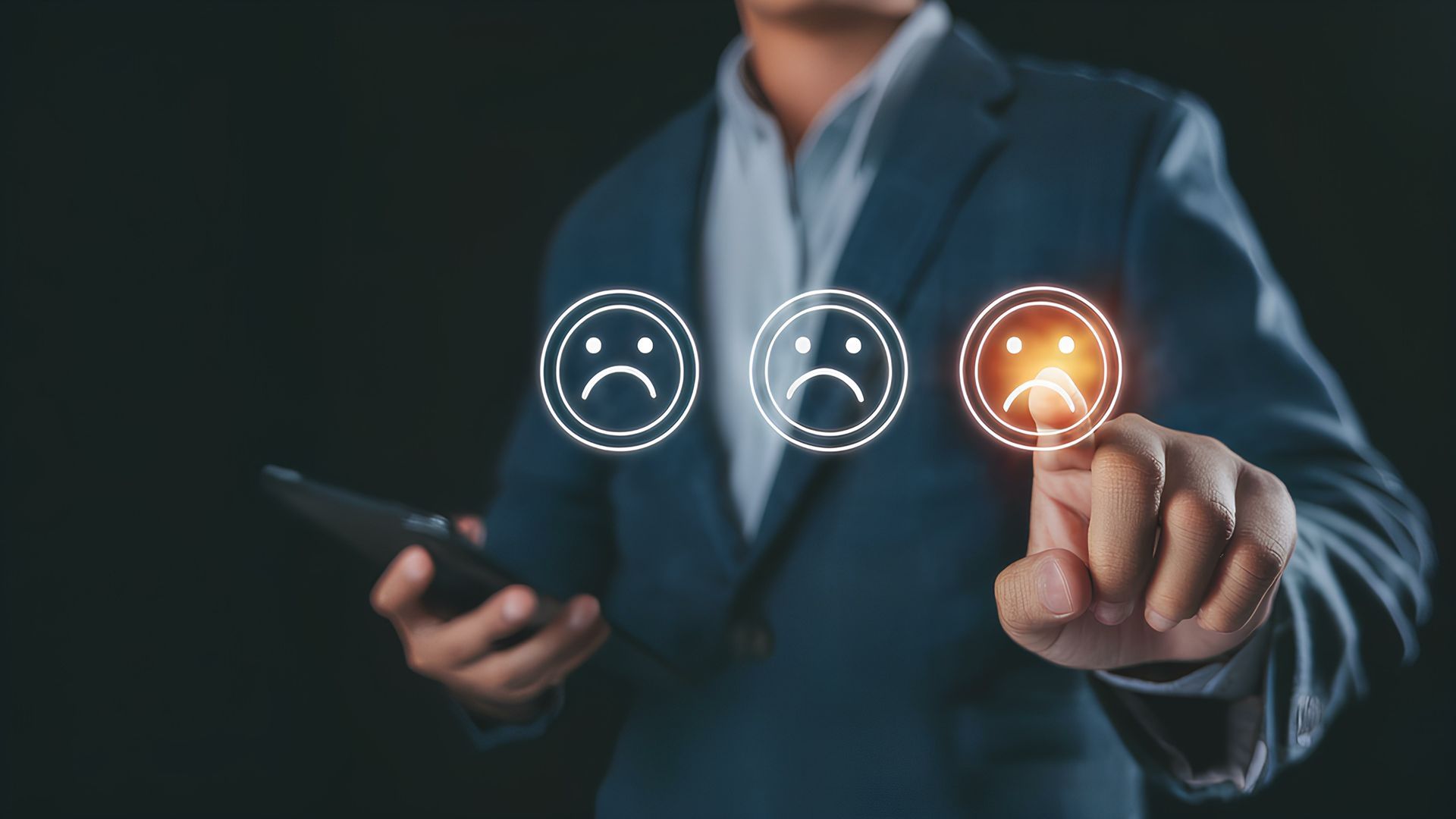Blog

In the dynamic and high-stakes world of healthcare, providers are often confronted with the daunting issue of malpractice claims. While these claims are sometimes unavoidable, healthcare businesses and providers can take proactive measures to minimize risk and manage litigation effectively.
Prevention Strategies
Hiring and Management Best Practices
One of the most critical steps in preventing malpractice claims begins with the hiring process. Ensuring that potential new hires do not pose undue risk requires a comprehensive and rigorous approach:
- Thorough Background Checks: Conduct extensive background checks to uncover any history of malpractice claims, disciplinary actions or criminal activity. Verify credentials, licenses and certifications to make sure they are current and legitimate.
- Behavioral Interviews: Utilize behavioral interviewing techniques to assess candidates’ problem-solving skills, ethical judgment and ability to handle stressful situations. Ask about past experiences with patient care and how they resolved conflicts or challenges.
- Peer References: Obtain references from previous employers, colleagues and supervisors who can provide insights into the candidate's clinical competence, reliability and interpersonal skills.
- Probationary Periods: Implement probationary periods for new hires to closely monitor their performance, conduct and fit within the team. This allows for early intervention if any issues arise.
- Ongoing Training and Development: Invest in continuous education and training programs to keep staff updated on the latest medical practices, technologies and regulatory changes. Encourage participation in workshops, seminars and certification courses.
Reporting and Quality Assurance Measures
Preventing mistakes in healthcare requires robust reporting and quality assurance systems. Key measures include establishing a transparent, non-punitive incident reporting system for staff to report errors, near misses and adverse events. These reports should be regularly analyzed to identify patterns and implement corrective actions.
Regular audits and inspections of clinical practices, equipment and facilities also ensure compliance with safety standards and protocols. Developing and enforcing standardized protocols for common procedures and treatments, and making sure all staff adhere to them, helps minimize variations in care.
Multidisciplinary patient safety committees should be formed to review incidents, recommend improvements and oversee safety initiatives.
Likewise, creating channels for patient feedback helps identify areas for improvement and proactively address concerns. Implementing comprehensive risk management programs that cover all aspects of patient care, and regularly reviewing and updating them to adapt to evolving risks and regulatory requirements, further strengthens the defense against malpractice claims.
Litigation Management
Despite best efforts, malpractice claims can still arise. For example, patients aren’t always honest about pre-existing conditions or drug use, leading to potential bad reactions to a prescribed medication. In cases like these, effective litigation management is crucial in defending healthcare businesses and providers:
Immediate Response
- Notify Your Insurer: Inform your malpractice insurer immediately upon receiving notice of a claim. They can provide guidance and legal support throughout the process.
- Gather Documentation: Collect all relevant medical records, incident reports and documentation related to the case. Make sure that records are complete, accurate, and securely stored.
- Preserve Evidence: Take steps to preserve any physical evidence, such as medical devices or equipment involved in the incident. This can be crucial in defending against allegations.
Legal Defense Strategies
- Hire Experienced Legal Counsel: Engage a law firm with experience handling medical malpractice defense, such as the Law Office of Cameron Hawkins. Experienced local Atlanta attorneys who have experience partnering with insurers are often well-equipped to navigate the complexities of malpractice litigation and can be vital in building a strong defense.
- Expert Witnesses: Retain reputable, independent expert witnesses who can provide objective opinions on the standard of care, causation and damages. Their testimony can be pivotal in challenging the plaintiff's claims.
- Pretrial Motions: File pretrial motions to dismiss unfounded claims or limit the scope of the lawsuit. This can streamline the litigation process and reduce legal costs.
- Settlement Negotiations: Consider settlement negotiations if appropriate. While not always desirable, settlements can mitigate the financial and reputational impact of a protracted trial.
- Trial Preparation: If the case proceeds to trial, prepare meticulously. This includes developing a compelling narrative, organizing evidence and rehearsing witness testimony.
Protect Your Healthcare Facility with Expert Liability Defense Services in Atlanta
Facing a malpractice claim can be overwhelming for any healthcare facility. Make sure your Atlanta organization is protected with experienced Atlanta litigators from the Law Office of Cameron Hawkins.
Our experienced attorneys have extensive experience providing legal support to safeguard healthcare practice. Contact us today to schedule a consultation and secure proven defense lawyers for your healthcare facility.











